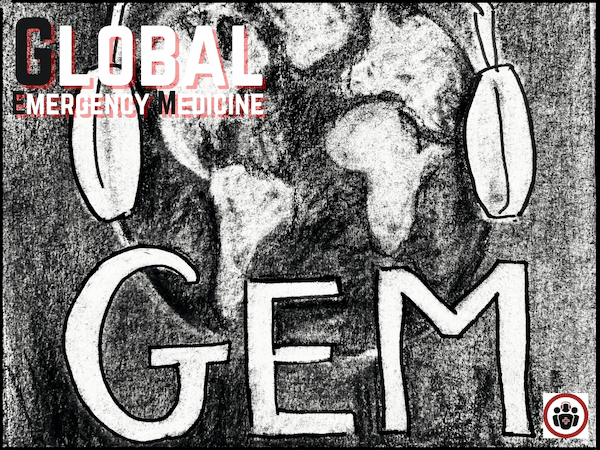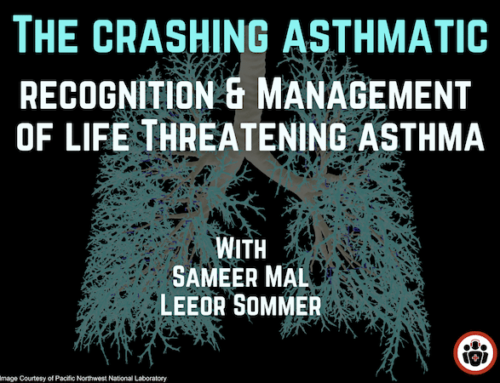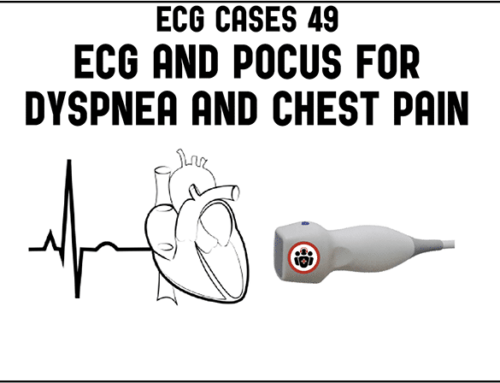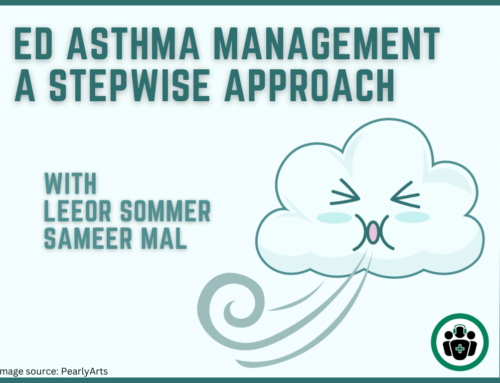Growing up in a small town in Zambia, it was not until I moved to Canada that I understood the concept of Global Health. I came to realize that by simply changing my postal code, I had markedly increased my access to healthcare, the quality of care I could receive and predictably my overall health. This disparity did not sit well with me. How could something as refractory as geography be such a significant determinant of one’s health and wellbeing?
Currently, healthcare is also faced with new and unprecedented challenges. The exponential rise in population and connectivity of our world means that diseases and disparities are no longer segregated by physical space and this has inadvertently exacerbated existing structural inequalities. The Covid-19 pandemic further highlighted these health disparities. As a result, reframing health in a global context becomes vital. The discipline of Global Health seeks to improve health equity for all on a local and international scale. As straightforward as this definition may seem, it remains unclear who should take responsibility for it.
I believe as emergency physicians, we are uniquely skilled to tackle this responsibility. We are problem solvers, versatile, resourceful, flexible and advocates. These attributes combine to form a unique skillset that has allowed me to meaningfully work on a variety of global health projects in numerous contexts.
Problem Solver
Global Health, on a high level, can be broken down into three steps: acknowledging that there are health inequities, identifying gaps through a needs analysis, and addressing these disparities with solutions. As an emergency physician, I am often tasked to solve problems of both acute and chronic need. At the vanguard for most patients in the healthcare system, this routinely goes beyond just the physiological realm as I am also challenged to address issues such as homelessness, poverty, food insecurities, disabilities, social and mental wellbeing. With this, for every patient, I attempt to identify the gaps obstructing their overall wellness, and take on the onus to provide the appropriate solutions. As a result, solving complex problems, and trying to solve them in a timely and efficient manner, is a skill I routinely utilize and refine. In Kenya, emergency surgeries do not happen in a timely manner or in most cases, at all. This is because in Kenya, there are only about 300 anesthesiologists in a population of 55 million – a huge gap. I worked with a group led by emergency physicians from Boston, who developed a protocolized use of ketamine: training local clinical officers and nurses to provide this easily administered, airway protective anesthetic drug to patients that required certain emergency intervention and surgeries when an anesthesiologist was not available. With this, over 3000 successful life and limb saving surgeries have been completed to date.
Versatile
Emergency medicine as a discipline does not discriminate by age, race, sex, socioeconomic status or pathology. In the same shift, I could see an elderly patient with a lung transplant, a young boy with fever recently arrived from a tropical country, a patient experiencing homelessness or a woman about to deliver a baby. Like these patients in the ED health inequities come in various shapes and forms. With my training in Emergency Medicine I have been able to work in, and adapt to, many different contexts. For instance, I worked with sex-trafficked children in Delhi, India through a non profit where I medically evaluated and provided counseling for recently rescued children, helped establish pre-hospital systems in Ghana by creating protocols, training and assessing current protocols for quality improvement, worked with a local medical school in Western Kenya to develop a 4-year emergency care curriculum for budding clinicians, and cared for victims of the war in Mosul, Iraq in mobile make-shift
clinics that provided initial stabilization through life saving interventions. No matter the Global Health issue, as a jack of all trades, it is rare that as an Emergency Physician I am unable to contribute meaningfully.
Resourceful
It is often difficult to predict what kind of pathology will walk (or run) through the door of the ED. Despite this, I feel confident that I can address almost any issue that ends up in our department. I recognize however, that I do not care for these patients alone. I rely on nurses, respiratory therapists, social workers and consultants both inside and outside of the department. Analogously, Global Health requires partnerships to tackle health inequity. As with my patients in the ED, I have to form partnerships to ensure responsibility, accountability and most importantly sustainability. This safeguards the political and cultural context in which these inequities exist. The World Health Organization has determined that emergency care is lacking on a global scale, and through partnership with local universities, hospitals, clinicians and nurses, foundations, non-profits, private donors and governing bodies, emergency providers have played vital roles in advancing emergency care in many regions where emergency care was once lacking.
Flexible
Given the nature of our shift work, I am not consumed entirely by clinical practice. As Emergency Physicians we are able to clock out of a shift and just as easily clock into something else. This allows the exploration of interests and passions beyond the walls of the ED. Global health is complex and therefore, requires dedication, energy and most importantly, time. Thankfully I have the flexibility to set aside time to work in Global Health. This may be helping navigate care for seniors in my own community, or spending numerous months in the field building pre-hospital care in Ghana. The flexibility of our schedules allows time to tackle projects in an impactful and meaningful way.
Advocate
Many health disparities are initially encountered in the ED. We are uniquely positioned to witness these disparities. This may take the form of addressing mobility supports for an elderly patient or advocating for our patients struggling with substance use disorders. Advocating and addressing the social determinants of health is ubiquitous in our practice and frankly, we are good at it. In Global Health, advocacy is vital. Advocacy is the vehicle to bring awareness to health inequities. Advocacy allows us to uncover important gaps and allocate resources to address them. For example, the number of maternal deaths due to postpartum hemorrhage in India is astounding. One of the biggest barriers is the cost of a device to tamponade the bleeding. Through advocacy for this demographic, we were able to source and distribute a low-cost and effective alternative balloon device. This has resulted in a change in practice and protocol and decreased the morbidity and mortality for these patients.

Dr. Hiren Patel in Ghana with local EMS team, 2015
Overall, Global Health issues are complex, variable and context specific. To be an effective Global Health practitioner requires a skillset that can translate across different cohorts and boundaries. In my opinion, emergency physicians possess the necessary skillset to tackle almost any global health problem. Given our rapidly changing world causing the unraveling of many health inequities, I hope that more emergency physicians acknowledge their potential in this arena and get involved in Global Health work so that one day, whether in Zambia or Canada, everyone can receive wholesome equitable care.
For further inquiries about my journey or if you would like to find out about ways to get involved in Global Health work please contact me at
patelh6@gmail.com
Hiren Patel, MD MPH
Global Health Fellowship Co-Director, Emergency Department, University Health Network.
Assistant Professor, Department of Medicine, University of Toronto.





Leave A Comment